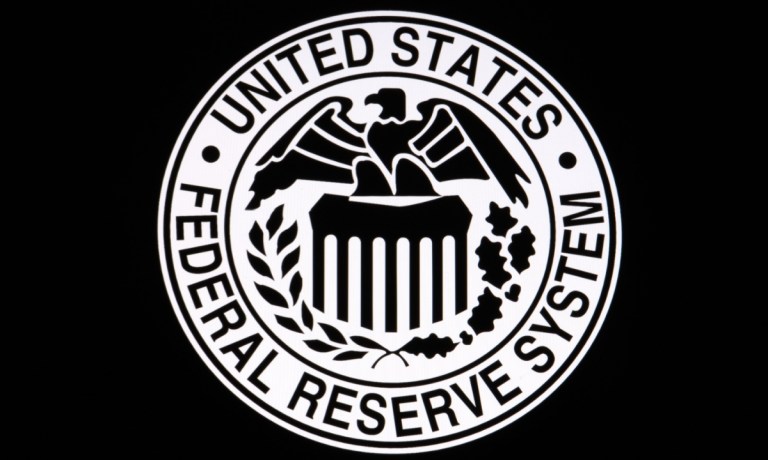John Rogers allegedly shared reports, such as information prepared for meetings by the rate-setting Federal Open Market Committee, with his Chinese handlers, The Wall Street Journal (WSJ) reported Saturday (May 24), citing court records.
The FBI arrested Rogers, who left the Fed in 2021, in January and found $50,000 in cash at his Washington-area apartment, though his wife said the money belonged to her.
Prosecutors allege that Chinese intelligence first made contact with Rogers in 2013. That’s when an agent, posing as a grad student, reached out expressing interest in learning about the Federal Reserve.
While Rogers says he refused the man’s offer of payment, they stayed in touch, and eventually traveled to China, all expenses paid. This trip, WSJ said, set off a chain of events that led to espionage charges.
According to the report, Rogers has denied all charges against him. People who know him say that his value to China would have only gone so far, as he didn’t have access to high-level decision-making.
And one of Rogers’ lawyers told WSJ that the government’s indictment is missing context and relevant facts that would discredit its case, like the fact that Rogers doesn’t speak Chinese.
The indictment “presents an overly simplistic, one-sided, and skewed version of events,” said the attorney, who added that Rogers’ legal team would deliver a detailed rebuttal in court, “where we will prove Dr. Rogers’ innocence.”
As WSJ noted, the charges come as China is increasing its espionage efforts, with concerns about spying leading to tech crackdowns by both countries.
For example, President Joe Biden last year signed a bill into law in April that banned social media platform TikTok unless its China-based owner ByteDance found a buyer for the service. That ban is now on hold after President Donald Trump extended its deadline.
More recently, the U.S. imposed sanctions on Beijing-based cybersecurity company Integrity Technology Group, which is a Chinese government contractor, saying the company took part in malicious botnet operations targeting Americans.
China, meanwhile, banned iPhone use by government employees and workers at state-owned companies last year. Also in 2024, Apple said it pulled WhatsApp, Threads, Telegram, and Signal from its App Store in China on the orders of the Cyberspace Administration of China, which cited national security concerns.

